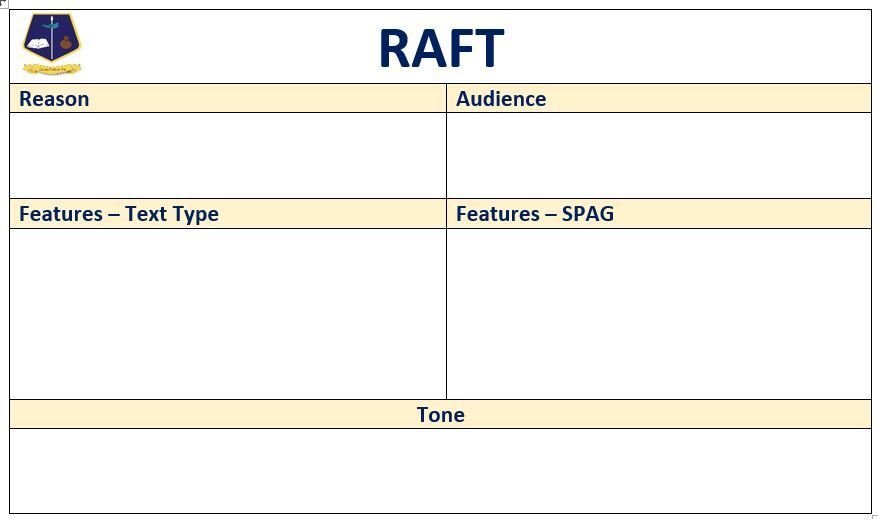English
Subject Leader - Miss. C Dylak
Writing
Intent
At St Matthew's, our intent in writing is to:
- Develop children’s writing skills so that they become confident, accurate writers.
- Ensure children have the opportunity to write for a variety of audiences and purposes and are able to express themselves creatively and imaginatively.
- Ensure children have an accurate understanding of letter formation, spelling, punctuation and grammar so they become successful writers.
- Encourage children to develop a love and enthusiasm for writing.
- Ensure that writing is embedded across the curriculum.
Implementation
Our writing curriculum is built on being evidence-informed and is delivered using high-quality teaching strategies.
Writing begins in EYFS in the form of mark-making within provision. KS1 and KS2 learn to write following the teaching sequence: planning, drafting, revisions, editing and publishing.
The R.A.F.T is part of our writing sequence so that children understand their reason for writing and how to adapt to their audience. This is devised as a class at the start of each unit of work. It is revisited throughout and children use it to support them with completing extended pieces of writing.
Genres in writing are specifically selected to ensure children are exposed to wide range of writing opportunities and genres are repeated in the same year to ensure in-depth coverage. We try to ensure that links are made across the curriculum through use of high quality texts.
Verbal feedback and evidence-informed pedagogy is used in writing lessons. Scaffolding and modelling is heavily promoted across school.
Writing composition and transcription is promoted equally across the curriculum.
Impact
We believe that every child should leave St Matthew’s with the writing skills they need to access their next steps in life:
- The transcription and composition skills they need to access their next steps in life.
- Have experienced a wide range of different purposes for writing.
- Have made at least good progress from their starting points on entry to our school.
- Have a love and enthusiasm for writing for pleasure.
Reading
Intent
At St Matthew's, our intent in reading is to:
- Provide children with the opportunity to listen to, speak about and read a wide range of text types and respond to them critically.
- Enable children to express themselves creatively and imaginatively as they become enthusiastic and critical readers of stories, poetry and drama, as well as of non-fiction and media texts.
- Deliver to children the knowledge, skills and understanding of the spoken language across a range of situations.
- Give context to pupils’ learning and let them understand the value of English to them now, and in their futures.
- Ensure reading is embedded across the curriculum.
Implementation
Our reading curriculum is built on being evidence-informed delivered using high-quality teaching strategies.
- EYFS and KS1 learn to read through the RWI scheme.
- Y1-Y6 use Complete Comprehension as our reading scheme. All reading skills are taught progressively, children are exposed to high-quality texts and develop speaking and listening. Repeated reading and prosody are also made a focus.
- Children develop reading fluency through our use of Accelerated Reader. Pupil’s change their book weekly, complete quizzes and assess their ZPD for accurate pitching.
- Reading lessons extend pupils’ vocabulary by explicitly teaching new words, providing repeated exposure and opportunities to use them across context.
- Verbal feedback and evidence-informed pedagogy is used in reading lessons. Scaffolding and modelling is promoted.
Impact
We believe that every child should leave St Matthew’s with:
- The reading skills they need to access their next steps in life.
- Have been exposed to a wide range of literature which promotes capital culture.
- Have made at least good progress from their starting points on entry to our school.
- A love and enthusiasm for all kinds of literature.














